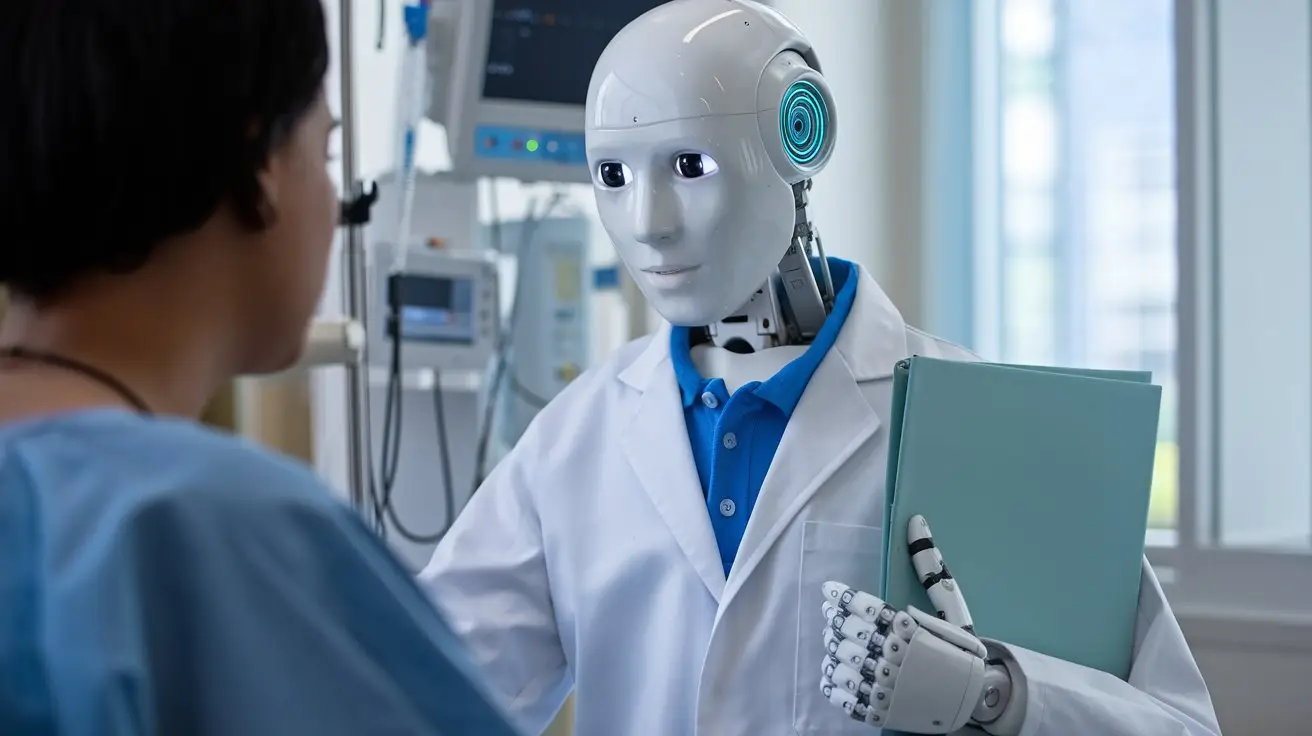If you’ve been following the latest in tech news, you may have come across the buzz about AI agents potentially becoming the new workforce. This isn’t just science fiction anymore—it’s rapidly becoming a reality. With the rise of AI and automation, many industries are starting to see a shift towards employing AI agents for various tasks. Let’s dive into how AI agents are transforming the workforce, their potential benefits, limitations, and what this means for the future of work.
The Rise of AI Agents
Artificial Intelligence (AI) has come a long way since its inception. From simple algorithms to complex neural networks, AI technology has evolved to a point where it can perform tasks that were once thought to be exclusive to humans. Enter AI agents—intelligent systems designed to carry out specific tasks autonomously. These AI agents are now being used in various sectors, including customer service, healthcare, finance, and even creative fields like content creation and music composition.
Why AI Agents?
Efficiency and Productivity: One of the main advantages of AI agents is their ability to work tirelessly and efficiently. Unlike humans, AI agents don’t need breaks, sleep, or vacations. They can work around the clock, ensuring that tasks are completed in a timely manner. This leads to increased productivity and efficiency, which is especially beneficial for businesses looking to streamline their operations.
Cost-Effective: Employing AI agents can be more cost-effective than hiring human workers. While there is an initial investment in developing and implementing AI systems, the long-term savings are significant. Businesses can reduce labor costs, minimize errors, and improve overall efficiency.
Scalability: AI agents can easily scale to meet the demands of growing businesses. Whether it’s handling customer inquiries, processing transactions, or analyzing data, AI agents can manage large volumes of work without compromising on quality. This scalability is particularly advantageous for companies experiencing rapid growth.
Real-World Applications
AI agents are already making a significant impact in various industries:
- Customer Service: AI-powered chatbots and virtual assistants are becoming increasingly common in customer service. They can handle a wide range of inquiries, provide instant responses, and even resolve issues without human intervention. This not only improves customer satisfaction but also frees up human agents to focus on more complex tasks.
- Healthcare: AI agents are being used to assist in diagnosing medical conditions, recommending treatments, and even performing surgeries. They can analyze vast amounts of data quickly and accurately, aiding healthcare professionals in making informed decisions.
- Finance: In the finance sector, AI agents are used for fraud detection, risk assessment, and algorithmic trading. They can analyze market trends, detect anomalies, and execute trades at lightning speed, providing a competitive edge to financial institutions.
- Content Creation: AI agents are now capable of generating content, from news articles to marketing copy. They can analyze data, identify trends, and create engaging content that resonates with the target audience. While they may not replace human creativity entirely, they can certainly augment the content creation process.
Limitations of AI Agents
Despite their numerous advantages, AI agents are not without limitations:
- Lack of Emotional Intelligence: AI agents lack the emotional intelligence and empathy that humans possess. While they can process data and execute tasks efficiently, they may struggle with tasks that require human interaction and understanding.
- Dependence on Data: AI agents rely heavily on data to function effectively. If the data they are trained on is biased or incomplete, it can lead to inaccurate or unfair outcomes. Ensuring the quality and diversity of data is crucial to the success of AI agents.
- Ethical and Privacy Concerns: The use of AI agents raises ethical and privacy concerns. There are questions about job displacement, data security, and the potential misuse of AI technology. It’s essential to address these concerns through regulations and guidelines to ensure responsible AI deployment.
The Future of Work
As AI agents continue to evolve, they will undoubtedly play a more significant role in the workforce. However, this doesn’t necessarily mean the end of human jobs. Instead, it presents an opportunity for humans and AI to work together, leveraging each other’s strengths.
Upskilling and Reskilling: To stay relevant in the AI-driven workforce, humans will need to upskill and reskill. This means acquiring new skills that complement AI technology, such as data analysis, programming, and creative problem-solving.
Human-AI Collaboration: The future of work will likely involve greater collaboration between humans and AI agents. Humans will focus on tasks that require emotional intelligence, creativity, and complex decision-making, while AI agents handle repetitive and data-intensive tasks.
Regulatory Frameworks: Governments and organizations will need to establish regulatory frameworks to ensure the ethical and responsible use of AI agents. This includes addressing issues related to data privacy, job displacement, and algorithmic bias.
Conclusion
AI agents are poised to revolutionize the workforce, bringing numerous benefits in terms of efficiency, cost-effectiveness, and scalability. While there are challenges and limitations to address, the potential for AI-human collaboration is immense. By embracing this technology and preparing for the future, we can create a more productive and innovative work environment.
As we navigate this new landscape, it’s crucial to stay informed and adaptable. So, what do you think about the rise of AI agents? Have you encountered any AI agents in your workplace? Share your experiences and thoughts in the comments below!






